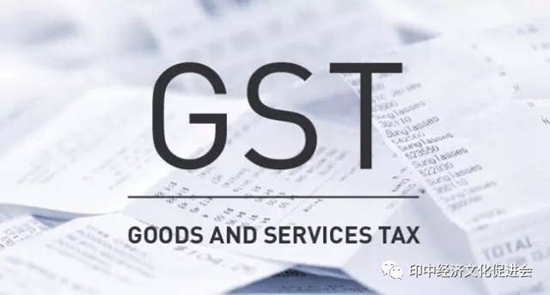India unveils a game changing tax law
- By Niranjan Sahoo
 0 Comment(s)
0 Comment(s) Print
Print E-mail China.org.cn, July 3, 2017
E-mail China.org.cn, July 3, 2017
|
|
|
Prime Minister Narendra Modi has announced the implementation of India’s much awaited Goods and Services Tax (GST) legislation. [File photo] |
On midnight of June 30, Prime Minister Narendra Modi announced the implementation of India’s much awaited Goods and Services Tax (GST) legislation. Arguably, India’s biggest and most comprehensive tax reform measure, GST is expected to “economically unify India.”
After 17 years of efforts, GST is expected to put an end to numerous tax regimes, usher in transparency by eliminating numerous hidden and embedded costs that businesses and entrepreneurs routinely pay at multiple channels, greatly affecting free movement of goods and services.
The significance of GST lies in the fact that its drafting and passage came through rare political unanimity where the ruling Bharatiya Janata Party and some two dozen opposition parties agreed to the core tenets of new tax regime. The highlight of the new tax legislation is the establishment of a truly federal institution, GST Council, where central finance ministers and state ministers have equal voice in policy decisions.
It must be noted that while India is politically one unit, there are more than 30 independent economic units which impose a variety of taxes and levies as goods pass through the country. GST intends to end inefficiencies in indirect tax systems which lead to a “tax on tax,” popularly known as cascading of taxes.
A range of indirect taxes such as central exercise duty, import duties such as additional customs duty, special additional customs duty, service tax, state taxes, taxes on betting and gambling, entertainment taxes imposed by local governments, central cesses and surcharges will be subsumed by a central GST and the multiple taxes at the state level into state GST. As these taxes are to be applied on a common base and on a rate similar to the entire country, GST is popularly called “One country, One tax.”
The new law which will create a massive 1.3 billion people single market is expected to transform India’s business environment by removing internal tariff barriers and eliminate 17 central, state and local taxes. According to several analysts, the implementation of the GST will greatly improve the government’s tax revenues base, its sovereign rating and will improve India’s ranking in ease of business indexes.
India’s complicated and leaky tax regime has deterred many companies from China, the EU and America from investing in the country. It must be noted that while India is still one of the high growth large economies in the world, the country still ranks at a very low position, 130, in the World Bank’s ease of doing business. It is believed the passage of GST will help India break into the top 50 rank in next couple of years. Overall, analysts believe, GST will accelerate India’s annual growth rate by 1-2 percent.
Yet, there are plenty of issues and concerns that have come to overshadow the finer aspects of the new tax regime. First, the new tax regime has created as many as five rates plus an extra cess on some luxury items. Multiple rates have generated huge chaos, confusion and even protests from traders and small manufacturers who feel that the new rates will make their business prohibitive.
Second, in a hurry to accommodate state level demands, many major items such as natural gas, petroleum, electricity, alcohol and property markets have been kept out of the purview of GST. This would greatly dilute the revenue generation potential of the new tax law.
Third, GST is set to make a significant disruption to the economy in the short run. Given there are new tax rates and many glitches in their compliance, many enterprises have chosen to postpone their investment activity. Rather than GST adding more meat to the country’s growth, many economists believe GST will bring down the growth in the near term.
Finally, despite the Modi Government taking a political high ground to announce its implementation since July 1, critics feel the law has been rushed hurriedly without adequate preparation and capacity building of key stakeholders. This is largely visible from the growing anxiety among industry bodies, traders and the bureaucracy about the operational and legal soundness of the new law.
Imperfections notwithstanding, GST is an important tax reform that will go a long way to harmonize tax infirmities. With systemic efforts and course-correction of deficiencies, GST is likely to make India a better investment destination.
Niranjan Sahoo is Senior Fellow, Observer Research Foundation, New Delhi.
Opinion articles reflect the views of their authors, not necessarily those of China.org.cn.






